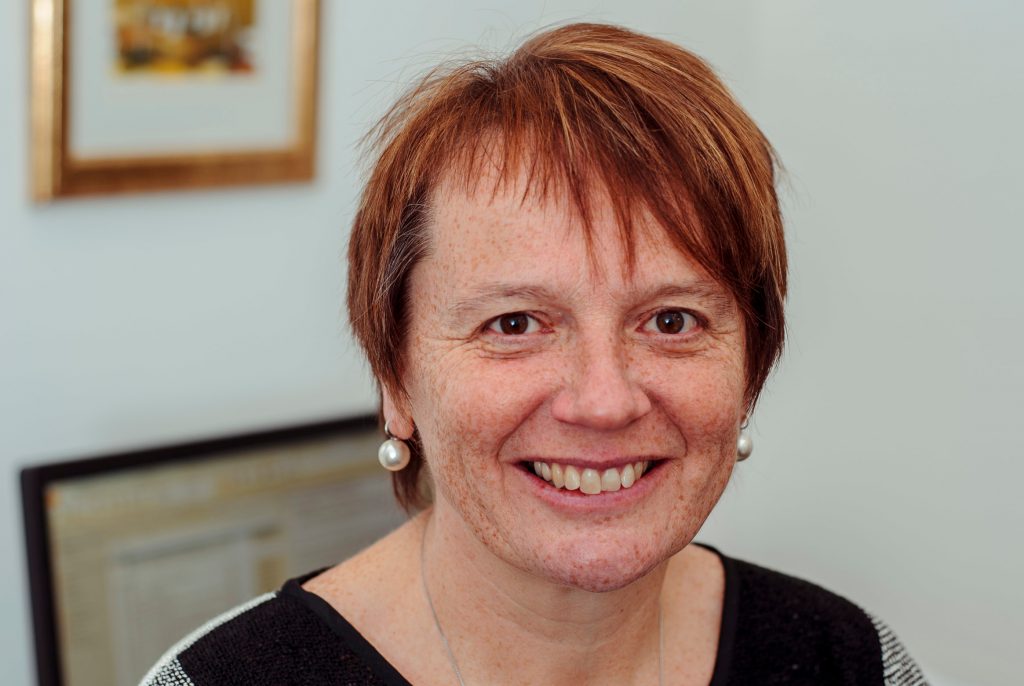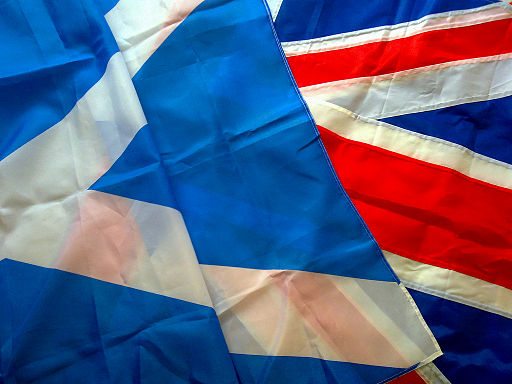More than 100 groups across Scotland have joined together to demand ‘progress’ for human rights, warning that Brexit mustn’t lead to a ‘race to the bottom’.
Backed by the Scottish Human Rights Commission and The Equality and Human Rights Commission, it comes as new research shows people in Scotland are broadly supportive of human rights.
Mhairi Snowden of the Human Rights Consortium in Scotland, the group which spearheaded the project alongside the Scottish Council for Voluntary Organisations, told RightsInfo the move was about “making people’s lives better”.
“The clear message is people don’t want to be debating how rights could be reduced, they want to be debating how to progress them and how to make them real for people.”
‘Let’s Keep Going and Not Fall Back’
 Judith Robinson, Chair of the Scottish Human Rights Commission. Image Credit: Scottish Human Rights Commission
Judith Robinson, Chair of the Scottish Human Rights Commission. Image Credit: Scottish Human Rights Commission
However, while the groups were keen to stress their desire for a positive outcome, they were clear their motivations lay in uncertainties surrounding Brexit.
As the UK undergoes the long process of disentangling itself from the European Union, there have been many question marks over a number of our rights, such as protections surrounding our data, the environment, and the EU Charter.
There’s a real sense that there are real risks attached to Brexit.
Judith Robinson, Chair of Scottish Human Rights Consortium
“It’s very much come in the context of Brexit,” added Judith Robinson, Chair of the Scottish Human Rights Commission. “There’s a real sense that there are real risks attached to Brexit, and civil society is aware of those risks and wants to see people’s rights upheld in the process.”
Mhairi Snowden expanded: “There’s a general concern that Brexit could lead to a ‘race to the bottom’ of rights. But we’re actually trying to turn that around and say there shouldn’t be any reductions, let’s use this new Brexit context to discuss what we can do to protect rights.
“We don’t want them to be an added extra or something that’s minimised, actually we want to embrace them. The EU Withdrawal Bill is so fast, that is not the place to be talking about reductions in rights. The bill is so complicated, even just to do its basic function of bringing things across, even without having any other bigger debates.”
A Positive Outlook for Rights In Scotland?

Image Credit: The Laird of Oldham / Wikimedia
Alongside the declaration, the collection of civil society groups also published research showing the levels of support for human rights in Scotland, with 42 percent of the country found to be broadly supportive of human rights.
In the survey of more than 1,500 people, just 13 percent were found to be opposed to human rights, while 30 percent had some conflicting opinions of whether ‘human rights’ were good or bad.
When asked for the best words to describe human rights, the most common themes were ‘freedom of speech’ (17 percent), equality (15 percent), rights (11 percent) and fairness (10 percent).
However, while the findings were broadly optimistic, the groups said they still had a way to go, with 45 percent of people not knowing any words they would associate with human rights and almost three quarters not knowing who they would approach for help with human rights.
“I think the research shows how important a discussion around human rights really is,” adds Judith. “And not just for people in Scotland, where this research is based.”
There is support for human rights, but there is also quite a long way to go.
Judith Robinson, Chair of Scottish Human Rights Consortium
“It really demonstrates that there is both support for human rights and understanding of human rights to a considerable degree, but there’s also quite a long way to go.”







